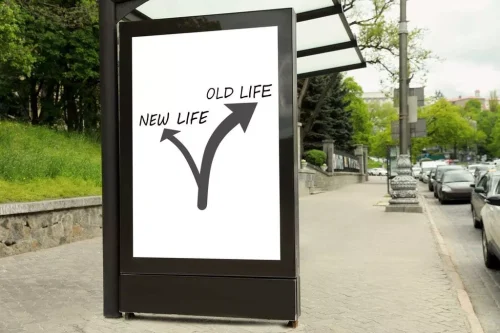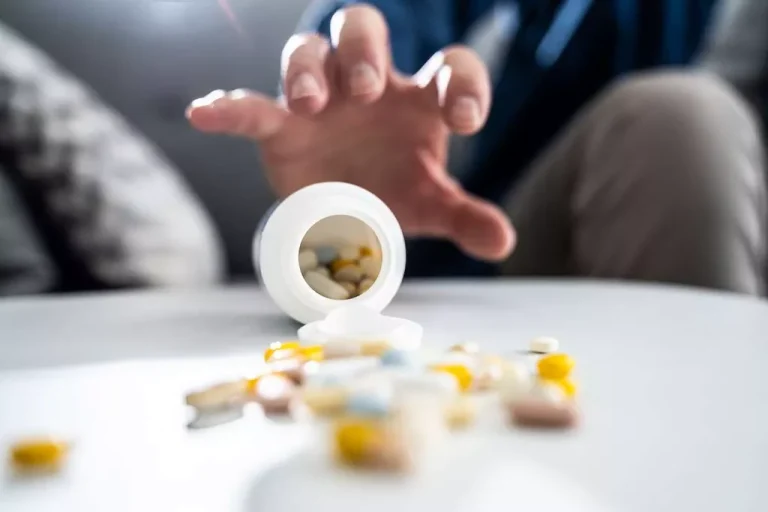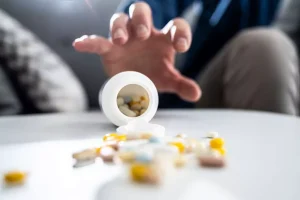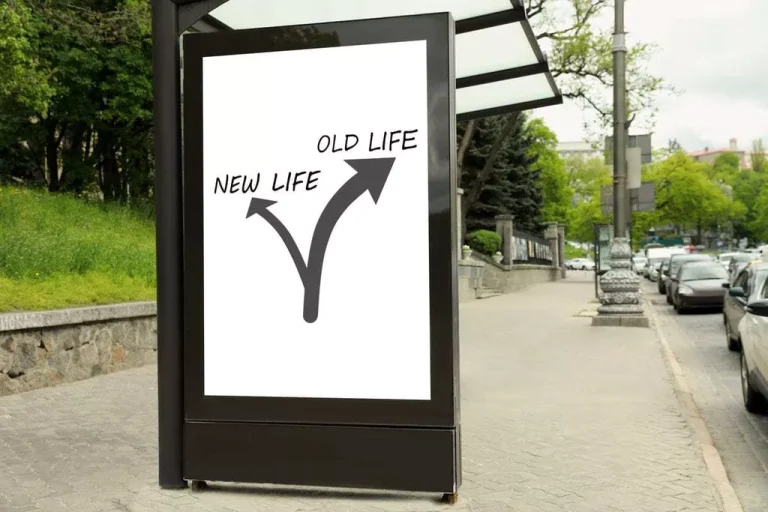How to Stay Sober: 20 Tips for Successful Recovery

Emotional sobriety is a crucial aspect of the recovery process. It refers to the ability to experience, understand, and effectively manage emotions without resorting to substance use. Emotional sobriety involves developing coping mechanisms and emotional resilience, allowing individuals to handle life’s ups and downs in a healthy, balanced way. Continuous education about addiction and recovery is crucial.

Are Insurance Policies Covering Sober Living Houses?

If you’re sober, you’ve already found strategies to avoid drinking; the key is to keep up with what’s worked and consider additional ways to stay focused on your goal. The challenge of staying sober varies in intensity from person to person. For many people, staying sober is impossible without professional medical support. Tattoos are always a personal choice, and no single tattoo is universal for those living their best sober lifestyle. Working with professionals is essential to overcoming substance use disorder (SUD). The best way forward for your recovery from alcohol or substance use is to incorporate a wide variety of strategies that will help foster success.

What Are the Five Rules of Recovery?
While detoxification is the first step, a sober life goes far beyond simply stopping using substances. A sober life requires a person to change their attitudes and actions, transforming bad habits into positive and healthy behaviors. The phrase “live one day at a time” is often used in 12-step programs as an encouragement for those in recovery.
- And this is what makes getting sober so different from staying sober.
- Our alcohol-free wines are also a great base for your new favorite mocktails, from white wine spritzers to virgin sangrias.
- Examples of triggers are things such as specific places, specific people, or certain life stressors.
Why Sober Living After Treatment Matters
- From improved health to personal growth, a strong sense of purpose and lasting freedom, recovery from addiction transforms lives.
- Explore coping with the need for pain management addiction with effective strategies and support resources.
- In the medical community, sobriety is looked at in objective terms, and it is mainly concerned with not consuming alcohol.
- Some people in recovery take different driving routes just to avoid their old haunts, like their favorite bar on the way home from work.
- Explore your options, and don’t give up on finding a source of help.
Various stages characterize the process of what does stay sober mean achieving and maintaining a clean lifestyle. The initial step involves recognition and acceptance, where one acknowledges the issue and desires change. The subsequent phase is detoxification, where the body is cleansed of the substances. The following stages involve therapy and counseling to address emotional and psychological issues related to substance abuse.
Impact of Lifestyle Changes
- Honestly, I’ve gone back and forth with deleting my social accounts completely.
- Routines have many benefits, as many people find comfort in them.
- Some of your old tendencies could be part of the reason for your past alcohol abuse.
- Engaging in sobriety allows individuals to realize their full potential, emphasizing that a clean lifestyle opens up new opportunities and brighter futures.
- The journey may be challenging, but with the right support and structure, recovery is achievable.
Sober Healing is not a substitute for professional diagnosis, therapy, or medical treatment. Always seek the advice of your physician or qualified mental health specialist with any questions you have regarding any medical condition, disorder, or mental health symptom. Never disregard professionally licensed psychological or medical advice. Do not delay seeking professional advice or mental health https://ecosoberhouse.com/ treatment because of something you have read about on Sober Healing. One of my tips for staying sober is staying off of social media for an extended period of initial recovery time.
- If this sounds like something you’d like to try, it may be worth asking your doctor about medications like naltrexone, and approaches like the Sinclair Method (TSM).
- Sober Healing is not a substitute for professional diagnosis, therapy, or medical treatment.
- Those are great, but self-care can be simple acts you do to create a sense of calm and control, and they don’t need to be expensive.
- Develop coping skills to help you avoid drinking or using drugs in response.
- Or you might rather spend time volunteering for a good cause, like an animal shelter or children’s hospital.

So, Drug rehabilitation as you move through sobriety, try to practice mindfulness, whether it’s through daily meditations or simply staying present in each moment. Not everyone who quits alcohol will experience PAWS, but many will. Signs of PAWS include fuzzy memory, brain fog, anxiety and depression-like symptoms, irritability, sleep issues, and low-stress tolerance. Sobriety is about more than abstaining from substances; it’s about reclaiming a life that’s worth living and making decisions from a place of clarity and purpose.

دیدگاهتان را بنویسید